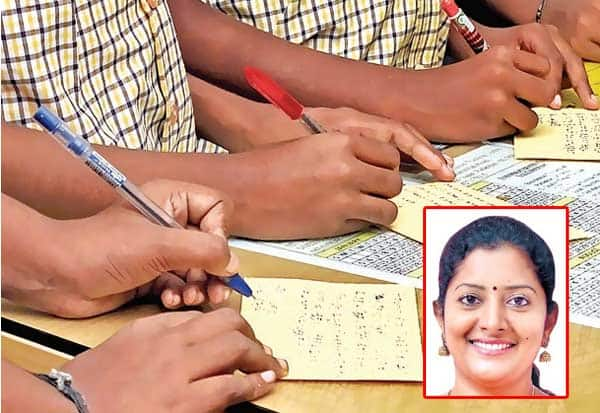Bar Council Of India Misusing Its Dominant Position: Plea in CCI Against Maximum Age Limit For LLB Course
3 Dec 2020 9:38 PM
"The Bar Council of India, misusing its dominant position in controlling the legal education in India, through Clause No. 28 of the Rules of Legal Education, 2008 is creating indirect entry barriers to the new entrants into the profession of legal service by imposing maximum age restrictions to enter into the legal education," a complaint filed before the Competition Commission of India alleges.
The complaint has been filed before the Vijayawada Bench of the Commission, by a 52-yr-old resident of Andhra Pradesh, Thupili Raveendra Babu, keen on pursuing legal education.
The complainant has alleged that the upper age limit of 30 years for general candidates to pursue legal education stipulated under Clause 28 of the Rules of Legal Education, 2008, prescribed by the BCI amounts to an "abuse of the dominant position" by Council in contravention to the Section 4 of the Competition Act, 2002.
It is submitted that by indulging in such "colourable exercise of power", the BCI deprives thousands of aspirants who dream of pursuing legal education in India, and reduces the competition to its electors.
It is therefore urged to immediately declare the impugned provision, i.e. Clause No. 28 of the Rules of Legal Education, 2008 of the BCI as "illegal and void ab initio" and to levy maximum possible penalty on the BCI for the "wilful violation" of Section 4 of the Competition Act, 2002.
As an interim relief, the Complainant has urged the Commission to suspend the operation of this provision until the matter attains finality.
In his complaint, Thupili disclosed that he was working as an Executive Engineer in CPWD under the Central Ministry of Urban Development. He stated that in order to pursue his childhood dream of pursuing law, he opted for voluntary retirement. Subsequently, he appeared for the three-year LLB entrance exam in Andhra Pradesh and emerged as the state first rank holder, only to discover about the 'entry barrier' as discussed above.
He submitted that he could not pursue legal education earlier because of financial constraints and now, he was being deprived of this dream because of the indirect entry barrier created by the Bar Council.
He submitted,
"The Bar Council of India which is an elected body of the advocates in India is also regulating the legal practice as well as the legal education in India. It is enjoying the dominant position in controlling the legal education as well as the legal practice in India.
The Bar Council of India, misusing its dominant position in controlling the legal education in India. through Clause No. 28 of the Rules of Legal Education, 2008 is creating indirect entry barriers to the new entrants into the profession of legal service by imposing maximum age restrictions to enter into the legal education.
These Rules were first notified in March, 2009. This action of the Bar Council of India is in violation of the Section 4 of the Competition Act, 2002 of India."
History
In 2016, the Bar Council of India issued a circular by which Clause 28 in Schedule III of Rule 11 of the Rules of Legal Education, 2008 (that was earlier withdrawn in 2013), was introduced for providing a maximum age limit of as low as 20 years for taking admission in the integrated bachelor of law degree programme.
The decision was challenged by two law aspirants in the year 2017, following which the Council increased the age limit from 20 to 22 years for 5-year law course and from 30 to 45 years for 3-year graduate course, as an interim measure.
It was stated therein that the interim measure was only for the academic year of 2017, and that the future course of action shall be decided by the Legal Education Committee, in consultation with all stakeholders.
Presently, the upper limit of admission to a 3-year LLB course is 30 years and to the 5-year course is 20 years.
This position was recently challenged before the Supreme Court by a 77-year old woman desirous of pursuing a law degree.











